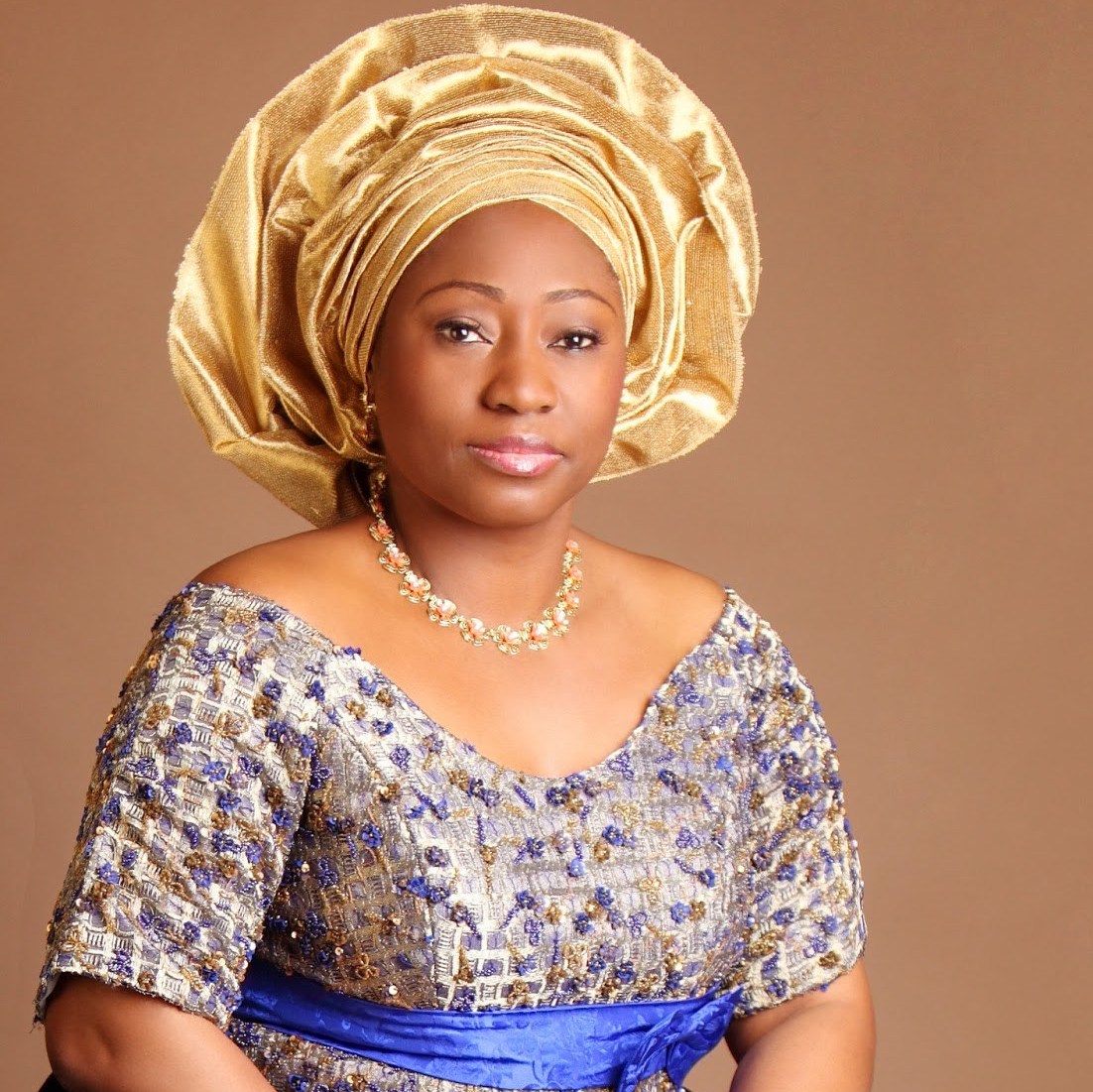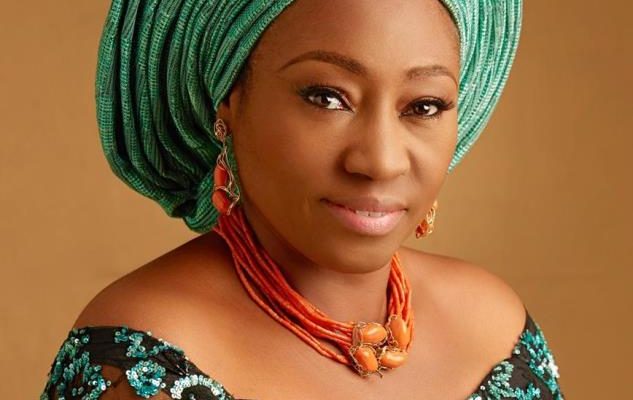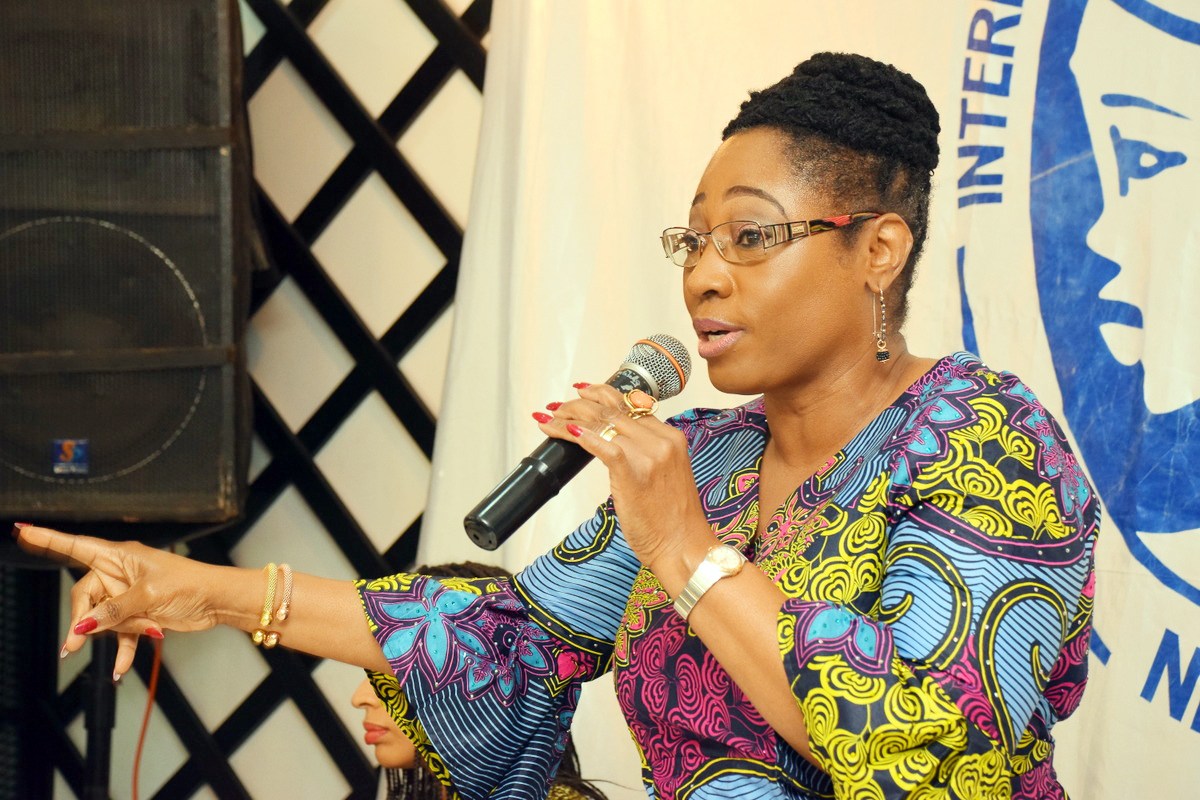By Mary Ekemezie
First, I would like to thank the Hon. Minister of Education for directing that sex education should be removed from the basic education curriculum. In the directive, the Hon Minister acknowledged the inalienable roles of parents as the primary educators of their children. I eagerly await the enforcement of the Hon. Minister’s directive.
Now, let me respond to Bisi Adeleye-Fayemi’s open letter to the Minister, which was published in The Vanguard Newspaper on 6th November, 2022 (the “Letter”). In her letter, Bisi Adeleye-Fayemi urges the Honourable Minister of Education, to have a rethink about his directive and to consider retaining sex education in the basic education curriculum, albeit with some modifications.
Before responding to the specific issues raised in the letter, I daresay that it is a good thing that we are having a national discourse on our national values, the role of education, religion and parental rights.
In advancing the reasons for her support for the inclusion of sex education in the basic education curriculum, Bisi Adeleye-Fayemi recalled the story of Tanwa, the thirteen-year-old girl, impregnated by a neighbour. We must not lose sight of how and why Tanwa got pregnant – a neighbour who abused the trust that she reposed in him abused Tanwa. I sympathise deeply with Tanwa and with every other girl who has been the victim of sexual abuse. It is a terrible thing to be abused by persons who are responsible for you. I do hope she got the support she needed to get past that ugly event and to rebuild her trust in humanity and to forge a fresh path for herself.
Bisi Adeleye-Fayemi also alluded to the fact that parents are unable to discharge their duties of providing sex education to their children because of the economic situation in the country, which requires them to work round the clock to make ends meet. This is a sweeping statement if there was ever one. This statement does not take into consideration that many parents who, despite their incredibly busy schedule, make time to parent.
In the Letter, one of reasons she also proffered to the Honourable Minister of Education to support her position that we should leave sex education in the curriculum, is that religious leaders are some of the persons on the sexual offenders list. I have not seen this list, but it is safe to say that not everyone on that list is a religious leader. It is also safe to say that we do not know the moral values of all the teachers in the various schools across Nigeria. In much the same way as she has alluded to religious leaders being sexual offenders, stories abound in the dailies of teachers abusing children placed in their care.
Do not get me wrong, I am not condoning or excusing the vile act of abusing children physically, or sexually, or in any other manner. I am, however, constrained to point out that not all religious leaders abuse the position of trust conferred on them. There are still many good men and women who serve God with their whole heart and who do the right thing. Should we, then, because of a small percentage of irresponsible spiritual leaders, take away a service that these spiritual leaders provide? To spin-back Bisi Adeleye-Fayemi’s argument to her, how do I know that the teacher in the class is not a paedophile or a sex groomer who has simply not been caught?
I turn now to an issue the Letter did not speak to – the actual content of the sex education that is being provided to Nigerian children, under the guise of learning. Dear Reader, I crave your indulgence to reproduce some of the texts (a mixture of indoctrination, half-truths and outright lies) of what children are learning in school.
In the inspire video series, the Balance in Nature video which is meant for students in SS3 encourages sterilisation – the cutting of the sperm duct as a beautiful method of family planning – and the presenter in the video recommends it for all men since it is of a permanent nature. The video also encourages hysterectomy. To put it in context, this video will probably be seen by students who are aged 14 to 18 years. I leave it to your imagination to decipher why our educational system is encouraging young children to be sterilised.
The Active Basic science, 2014 edition, which is meant for Basic 6 (children aged 9 to 11) describes the actual nature (experience) of the sexual act. Why we need this level of graphic detail for children in primary school, I do not have an answer to.
Stigma, a literature textbook, downplays the dangers of HIV. This literature textbook suggests that having sex with a condom keeps one safe from HIV. The text does not speak about the fact that condoms are not fool-proof and have been known to fail. It also encourages kissing HIV patients. Question – are we encouraging our children to experiment with having sex with HIV patients?
The Basic Science & Technology for Junior Secondary School 1, which is meant for children aged between 10 and 12 years (maybe 13 years), states that “safe sex” is a way to care for reproductive organs. Arguably, it could be said that this book is encouraging children to have “safe sex” as a way of caring for their reproductive organs. A review of the table of contents of for this book (Basic Science & Technology for Junior Secondary School 1) reveals that of the 30 weeks of study in the academic year, 11 weeks ((more than one-third of the contents of the textbook) is devoted to sex, sexual matters and the reproductive system). I am hard-pressed to understand why we need to spend so much time discussing sex with children whose primary aim at this stage of development is the acquisition of knowledge and virtues to guide their way through life.
One of the topics discussed in the Basic Science & Technology for Junior Secondary School 2 (a book meant for children between the ages of 10 and 14) is abstinence. You would think that abstinence means abstaining from sex – which is what the children need at this age -, but I have news for you. As presented in the textbook, this topic is ambivalent about the moral value of abstinence, and does not convey the importance and rationale for abstinence. Given the developmental stage of the children, I would expect (as was my experience when I was in school), that the focus of the education would be to teach the children how to make objective judgment calls about the rightness or wrongness of an action.
Unless the intention of the NERDC and the authors of this textbook is to encourage children to engage in sexual activities, I would expect that the focus of the learning at this stage is to enable the children to cultivate good habits such as delayed gratification, discipline and respect for themselves and others.
Oh, and I forgot to mention, that as part of learning unfamiliar words in the English Language subject, they introduce children as young as 8 years to the word “masturbation”. Again, I leave it to your imagination to understand why an 8-year-old needs to learn this word.
I could go on, but I guess I have said enough to enable every reader of goodwill to decide whether we need this kind of sex education in the lives of our children.
What our children need, in addition to the acquisition of technical and vocational skills, is an education which helps them to understand and to develop healthy habits, good decision-making skills, and a strong sense of meaning and purpose. They need an education that does not lower the bar for them but calls them to pursue excellence. They need an education that is valued based and recognises our cultural and religious heritage and the place of morals.
To address the concerns about parents being busy, I propose that as part of the commencement exercises at the beginning of every academic year, a session on sex education is organised for parents who can then pass it on to their children, taking cognisance of their physical, psychological, spiritual and emotional development.
In addition, we need incentives that support parents to fulfil their parental duties. We need more family-friendly policies and workplaces at the national and state levels, and we should implement these policies in both the public and private sectors. There should also be more opportunities for remote-working to enable parents to spend more time with their children. Finally, and very importantly, the government should provide tax breaks that encourage and afford parents the opportunity to explore the option of not having both parents working full time.
Mary Ekemezie
Legal Practitioner
Lagos




